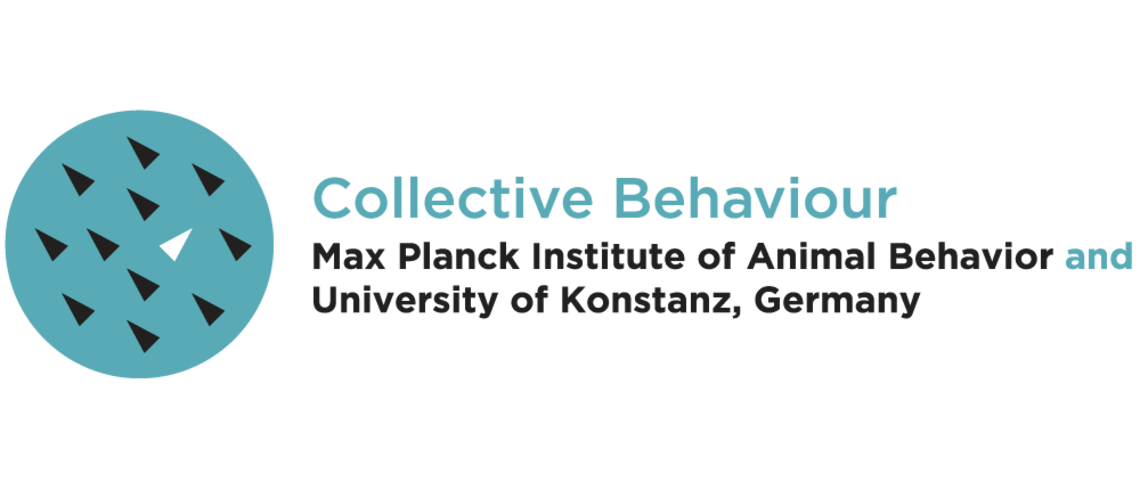Department of Collective Behavior
Our research focuses on revealing the principles that underlie collective animal behavior. Understanding how social influence shape biological processes is a central challenge, essential for achieving progress in a variety of fields ranging from the organization and evolution of coordinated collective action among cells, or animals, to the dynamics of information exchange in human societies. By developing an integrated experimental and theoretical research program we aim to explore functional properties of groups in a context that can reveal how, and why, social behavior has evolved.
A fundamental problem in a wide range of disciplines is understanding how functional complexity at a macroscopic scale results from the actions and interactions among the individual components. We use a wide range of animal systems to address this fundamental question.
Our research brings us to the interface of a variety of fields, from physics, to computer science, to politics, to psychology. Many of these interdisciplinary collaborations are fostered in the Center for the Advanced Study of Collective Behaviour at the University of Konstanz, a DFG cluster of excellence which Iain Couzin co-directs.











